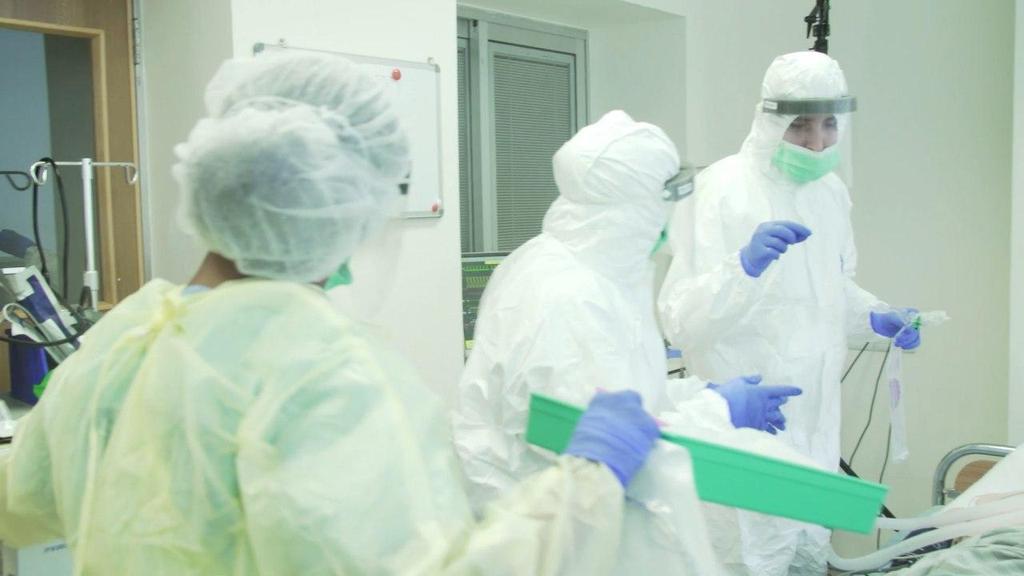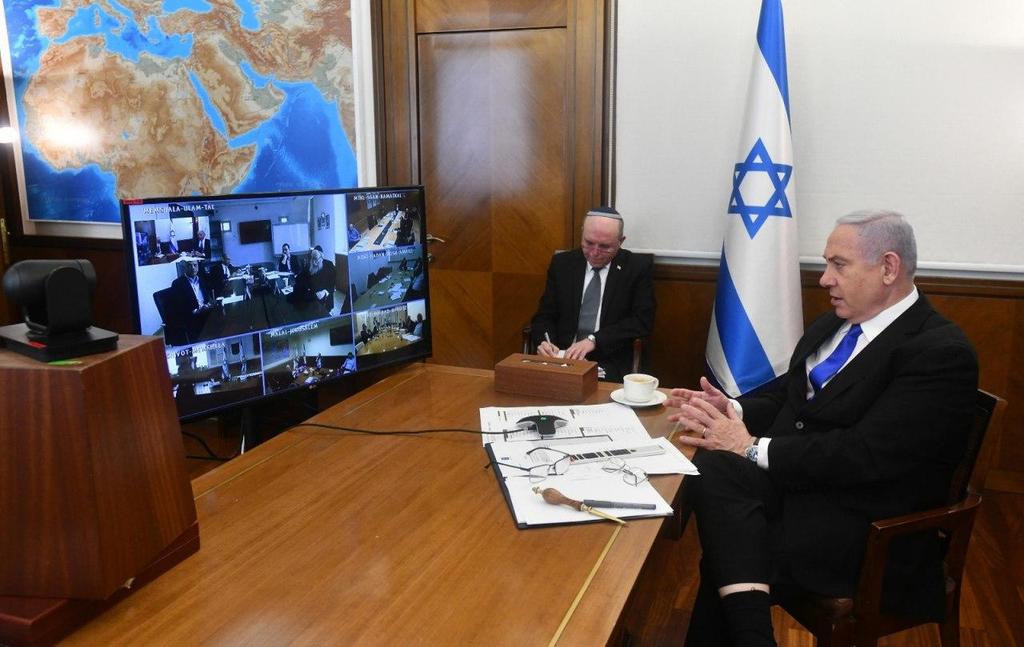Getting your Trinity Audio player ready...
A journalist could uncharitably be defined as someone who knows almost nothing about almost anything.
But we shouldn’t take that definition too seriously, for most journalists are primarily gatherers and brokers of information. They do honest work, but they definitely don’t know everything.
The coronavirus crisis is a time of trial.
Politicians, just like journalists, don’t know everything. They must make crucial decisions under conditions of great uncertainty.
Israel has adopted a policy of flattening the curve of coronavirus carriers by staggering the onset of infections.
Prime Minister Benjamin Netanyahu stands at the helm of this operation – he listens to various experts, who sometimes contradict one another, and calls the shots.
Are there those who use the crisis to serve their own political needs? I doubt whether this is the question we should be asking right now.
It is quite possible that Netanyahu is taking the opportunity to give us another exhibition of his authority and leadership. After all, he is the one with his hands on the tiller.
A much more compelling question would be whether the premier’s decisions are driven by external interests.
Allow me to argue that the answer to that question would be a resounding “no.”
Yet Netanyahu is not clean of personal and political interests. He has proven too many times in the past that he is ready to incite and instigate as long as it serves him.
But the coronavirus? That’s a whole different story.
Netanyahu doesn’t want to get off the stage so fast. He wants to succeed. He might be a political crook, but he won’t make decisions that would send masses of people to their deaths. That wouldn’t do much good for him politically.
Those in the news business should display more humility, because when leading journalists start to question whether Netanyahu is driving such extreme preventive measures out of personal interest to ensure his political survival – they’re crossing a red line.
4 View gallery


Medics prepare for the opening of a hospital to deal with coronavirus cases in central Israel
(Photo: Courtesy)
Most journalists don’t have a clue what they’re talking about when it comes to this outbreak. They are not experts in the field.
They can and should present the situation to the world and they are also allowed to voice their criticism, but some journalists level irresponsible criticism that stems from their anti-Netanyahu obsession.
China and South Korea were able to stymie the spread of the virus using draconian measures and European countries are following suit. So even without knowing what tomorrow will bring, it is clear that Netanyahu’s decisions are so far completely reasonable.
The spread of the virus is still ongoing and it is not yet entirely clear what measure was the most effective, but it’s hard to find a smidgen of personal interest in Netanyahu’s decisions.
In times of emergency, leaders make decisions that seem the most efficient in their eyes, and even if it turns out that one of them - including Netanyahu - had made the wrong decision, it would not be because of personal interests or political survival.
Netanyahu has proven in the past that his decision-making process is affected by both pressures from his environment and personal interests, but the same rules that play in Israeli politics don’t apply for times of a mega-crisis.
So, we can lambaste his politics and detest his policies but there is no need to undermine the public’s trust in the tough decisions Netanyahu is now having to make simply because we don’t like his politics and the corruption that has stuck to him.
We can look to Italy as an omen to what this crisis may become in the coming days and weeks.
Netanyahu must not be left alone at the helm - the people need a unity government. But when it comes to dealing with the virus, and as long as Netanyahu is in charge, there is no reason to suspect he acts for his own sake and not that of the public.
And to those journalists who make baseless accusations against Netanyahu - take a good look in the mirror and show some restraint.




